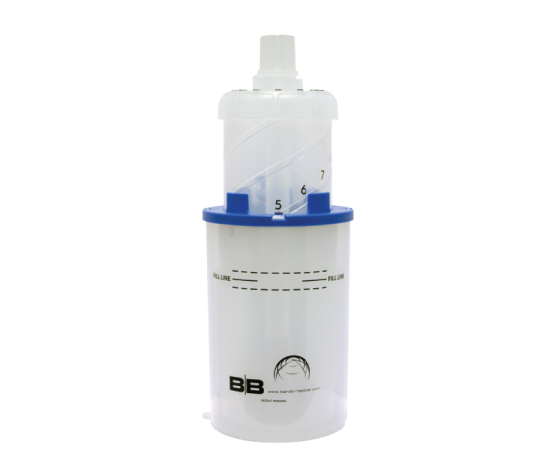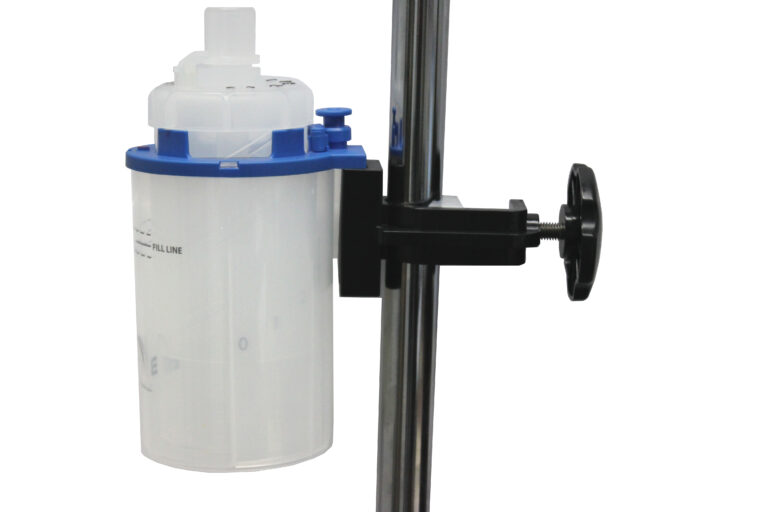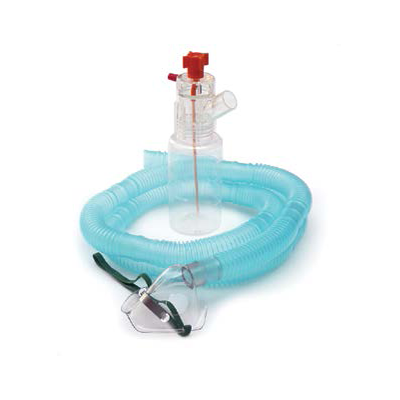Introduction: In the realm of neonatal care, the management of respiratory distress syndrome (RDS) is paramount. This condition, often encountered in premature infants, requires meticulous attention and specialized treatment approaches. Among these approaches, Continuous Positive Airway Pressure (CPAP) has emerged as a cornerstone therapy. In this blog, we delve into the significance of precision CPAP management in fine-tuning neonatal care, particularly in addressing respiratory distress syndrome in newborns.
Understanding Respiratory Distress Syndrome:
Respiratory distress syndrome, commonly observed in premature infants, arises due to underdeveloped lungs and insufficient production of surfactant—a substance crucial for lung expansion and air exchange. This leads to respiratory difficulties, characterized by rapid breathing, retractions, and cyanosis. Immediate and precise intervention is essential to support respiratory function and prevent complications.
The Role of CPAP in Neonatal Care:
CPAP, an acronym for Continuous Positive Airway Pressure, is a non-invasive respiratory therapy widely employed in neonatal intensive care units (NICUs). It involves delivering a constant flow of air or oxygen under mild pressure to the infant’s airways, preventing collapse and improving lung function. CPAP serves as a gentle means of respiratory support, promoting lung recruitment and enhancing oxygenation without the need for invasive procedures such as intubation.
Precision CPAP Management:
Fine-tuning neonatal care involves customizing CPAP therapy to address the specific needs of each infant, particularly those afflicted with respiratory distress syndrome. Precision CPAP management encompasses several crucial aspects:
Patient Assessment: Before initiating CPAP therapy, a thorough assessment of the infant’s respiratory status, gestational age, lung maturity, and overall health is imperative. This evaluation guides clinicians in determining the appropriate CPAP settings and monitoring parameters.
Optimal Device Selection: B&B Medical Technologies offers a range of CPAP devices tailored to meet the diverse needs of neonatal patients. Their bubble CPAP valves, designed with precision and reliability, play a pivotal role in delivering effective respiratory support while minimizing discomfort and complications.
Individualized Settings: Precision CPAP management entails setting the CPAP pressure at an optimal level to maintain adequate lung expansion while avoiding overdistension. Additionally, the choice of interface—such as nasal prongs or masks—should be based on the infant’s comfort and respiratory requirements.
Continuous Monitoring: Continuous assessment and monitoring of the infant’s respiratory parameters, including oxygen saturation, respiratory rate, and chest wall movement, are essential during CPAP therapy. Any deviations or signs of respiratory distress warrant prompt intervention and adjustment of CPAP settings.
Collaboration and Education: Effective neonatal care relies on interdisciplinary collaboration among healthcare providers, including neonatologists, respiratory therapists, and nurses. Moreover, educating parents and caregivers about the importance of CPAP therapy, proper device usage, and recognizing signs of respiratory distress empowers them to actively participate in their infant’s care.
Benefits of Precision CPAP Management:
Precision CPAP management offers numerous benefits in the management of respiratory distress syndrome in newborns:
Improved Oxygenation: By maintaining consistent positive pressure in the airways, CPAP enhances oxygenation and reduces the need for supplemental oxygen therapy.
Lung Recruitment: CPAP promotes lung recruitment, preventing atelectasis and facilitating alveolar expansion, thereby improving respiratory mechanics.
Reduced Need for Intubation: Early initiation of CPAP therapy and precise management often obviate the need for invasive interventions such as endotracheal intubation, minimizing associated risks and complications.
Enhanced Comfort: Customized CPAP settings and appropriately selected interfaces enhance infant comfort, promoting better tolerance of therapy and reducing agitation.
Conclusion:
In the realm of neonatal care, precision CPAP management emerges as a cornerstone in the management of respiratory distress syndrome in newborns. B&B Medical Technologies, with its commitment to innovation and quality, offers advanced CPAP solutions tailored to meet the unique needs of neonatal patients. By embracing precision CPAP management, healthcare providers can optimize respiratory support, improve outcomes, and nurture the delicate health of premature infants.


